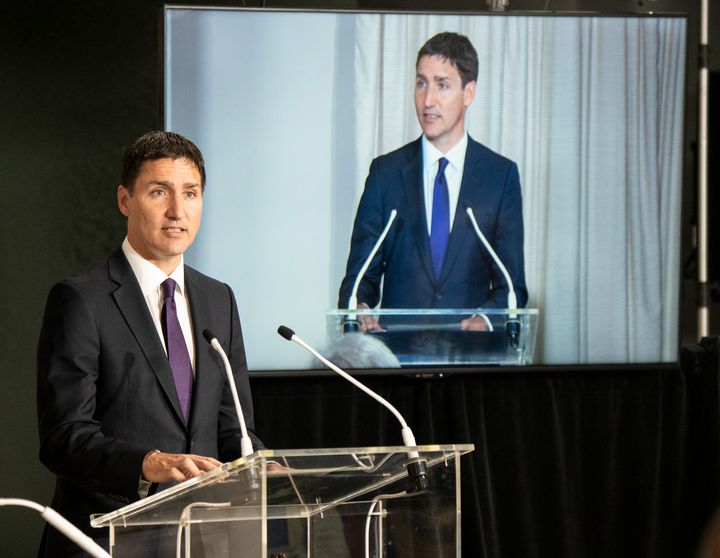China's Wine Tariff Triggers Crisis for Grape Growers in Australia

The Lede: China’s wine tariffs have taken a toll on Australian winemakers who struggle to keep their businesses going, grappling with an excess of red wine and declining grape prices, amid strained relations.
What we know:
- The demand for Australian red wine has further surged this year, leaving farmers with a critical decision: sell grapes at significantly low prices or minimize expenses by refraining from harvesting, the New York Times reported. Some are choosing the latter and shutting down their family businesses.
- Chinese and Australian trade ministers met in February, the first time since 2019, signaling that “the freeze is over.”
- China has recently lifted restrictions on Australian coal imports, marking an end to trade restrictions also imposed in late 2020 and sparking hope that tariffs on wine will be removed as well.
The background: In 2020 Scott Morrison, then serving as Australia's prime minister, advocated for an investigation into the origins of COVID-19. Infuriated by his remarks, the Chinese government-imposed tariffs on Australian wine, leading to a 97% decline in sales the same year.
Australia lost its biggest overseas market. China's position as the largest purchaser of Australian wine, representing 40% of exports, has dropped to 23rd, falling behind nations such as Sweden and the Philippines, according to the New York Times.
To ease the effects of trade tariffs, Australia has focused on diversifying markets, leading to more wine exports in countries other than China, including the United States, the UK, and Canada. While these nations have helped fill the gap left by China's restrictions, the overall impact on the Australian wine industry has remained significant.
Beijing also banned imports of Australian coal, cotton, lobster, and barley, affecting thousands of business owners besides winemakers.
Chinese leader Xi Jinping and Australian Prime Minister Anthony Albanese met during a Group of 20 gathering, followed by Foreign Minister Penny Wong’s visit to China who has become the first high-ranking Australian diplomat to do so in four years. These high-level meetings, aimed to improve the relationship between the two major economies, also included discussions on trade.
Likely outcomes/Takeaway:
- The U.S. has recently emerged as a major buyer of Australian wine, but winemakers claim the market is very complex with each state having a set of its own rules. The UK, Philippines, and India could also become good alternatives, but each of these international markets comes with different challenges.
- If China’s import ban continues for another two years, more Australian winemakers are likely to fall into a crisis.
- The recent lift of restrictions on coal imports suggests that the two countries are trying to ease political tensions, signaling that wine might be the next target sector.
Quotables:
- “We put all our eggs in the China basket, and it has come back to bite us.” – Tim Whetstone, a member of South Australia’s House of Assembly
- “[The tensions] didn’t occur overnight, and they’re not going to be resolved overnight." – Australian Trade Minister Don Farrell
- "Some Australian exporters may need to engage in price wars to regain the market. But transport, marketing, and storage costs are high." – Pierre Tam, president of the Hong Kong Wine Industry Association
Good Reads:
China Wine Tariff Pushes Australia’s Grape Growers Into Crisis (NYT)
Exclusive | China-Australia trade officials hit ‘snag’ as they begin meetings, with talk of wine, lobsters and logs (South China Morning Post)
Wine exports to US rise as South Australians look for ways around China's tariffs (ABC)



